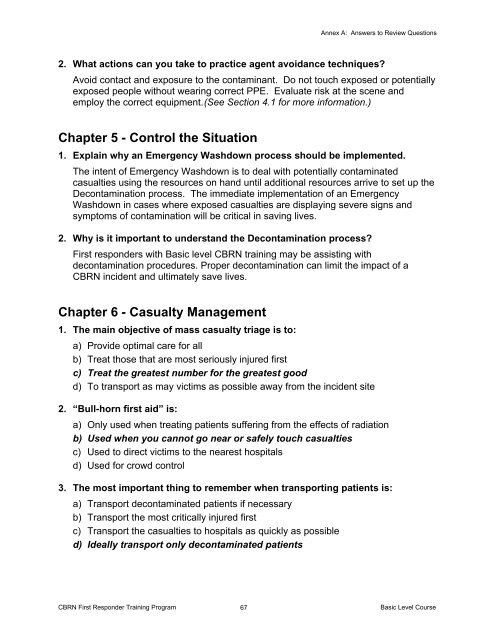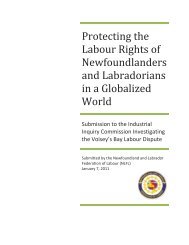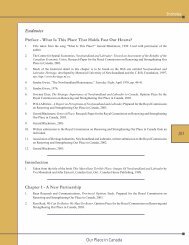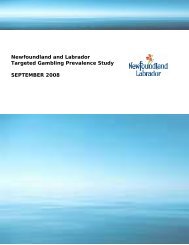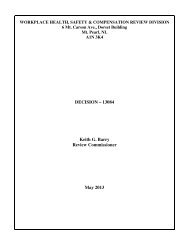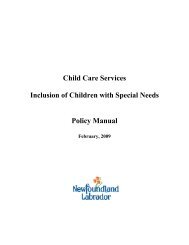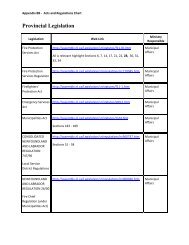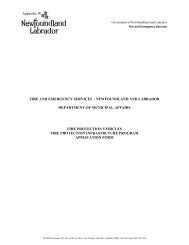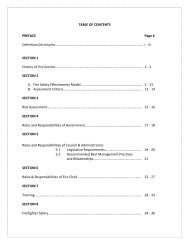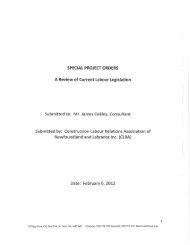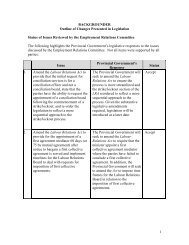Basic Level Pre-Course Reading
Basic Level Pre-Course Reading
Basic Level Pre-Course Reading
Create successful ePaper yourself
Turn your PDF publications into a flip-book with our unique Google optimized e-Paper software.
Annex A: Answers to Review Questions<br />
2. What actions can you take to practice agent avoidance techniques?<br />
Avoid contact and exposure to the contaminant. Do not touch exposed or potentially<br />
exposed people without wearing correct PPE. Evaluate risk at the scene and<br />
employ the correct equipment. (See Section 4.1 for more information.)<br />
Chapter 5 - Control the Situation<br />
1. Explain why an Emergency Washdown process should be implemented.<br />
The intent of Emergency Washdown is to deal with potentially contaminated<br />
casualties using the resources on hand until additional resources arrive to set up the<br />
Decontamination process. The immediate implementation of an Emergency<br />
Washdown in cases where exposed casualties are displaying severe signs and<br />
symptoms of contamination will be critical in saving lives.<br />
2. Why is it important to understand the Decontamination process?<br />
First responders with <strong>Basic</strong> level CBRN training may be assisting with<br />
decontamination procedures. Proper decontamination can limit the impact of a<br />
CBRN incident and ultimately save lives.<br />
Chapter 6 - Casualty Management<br />
1. The main objective of mass casualty triage is to:<br />
a) Provide optimal care for all<br />
b) Treat those that are most seriously injured first<br />
c) Treat the greatest number for the greatest good<br />
d) To transport as may victims as possible away from the incident site<br />
2. “Bull-horn first aid” is:<br />
a) Only used when treating patients suffering from the effects of radiation<br />
b) Used when you cannot go near or safely touch casualties<br />
c) Used to direct victims to the nearest hospitals<br />
d) Used for crowd control<br />
3. The most important thing to remember when transporting patients is:<br />
a) Transport decontaminated patients if necessary<br />
b) Transport the most critically injured first<br />
c) Transport the casualties to hospitals as quickly as possible<br />
d) Ideally transport only decontaminated patients<br />
CBRN First Responder Training Program<br />
67<br />
<strong>Basic</strong> <strong>Level</strong> <strong>Course</strong>


